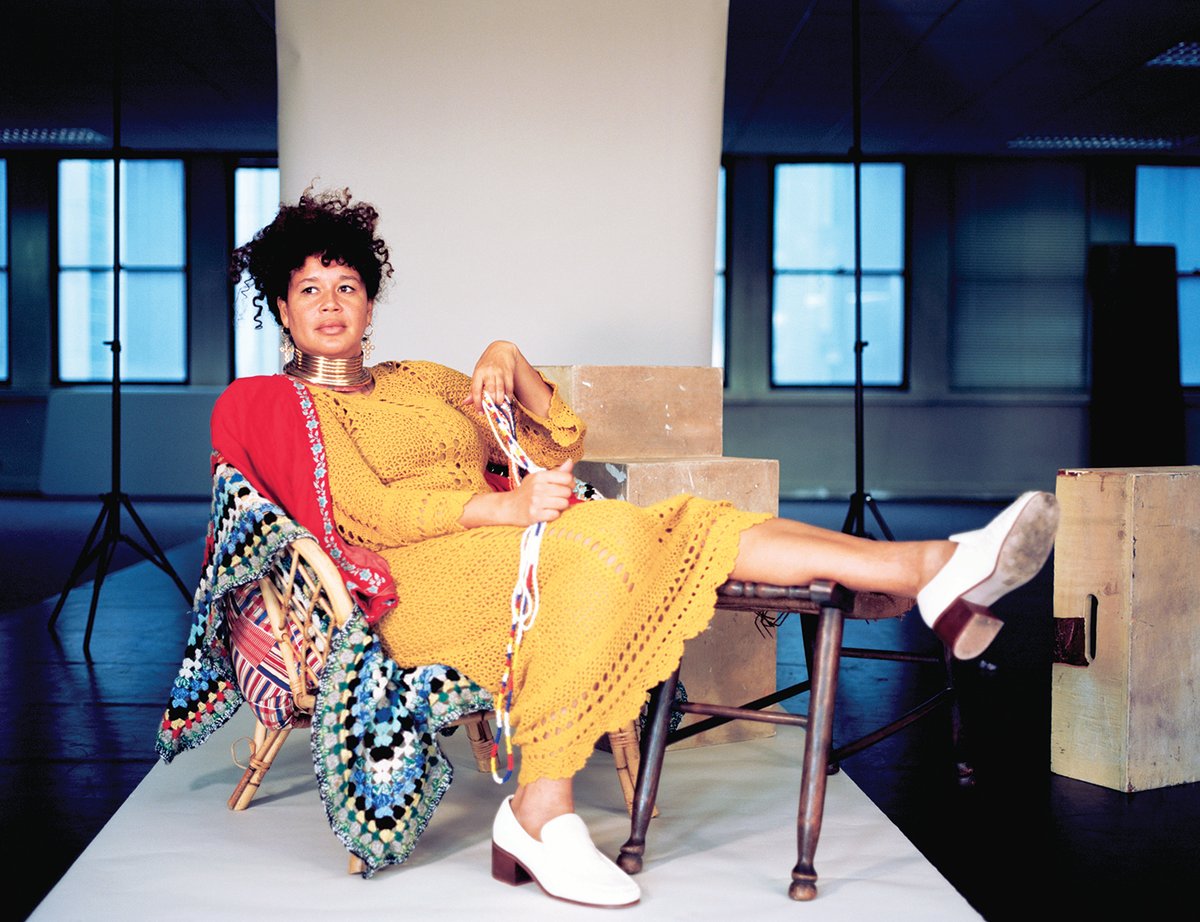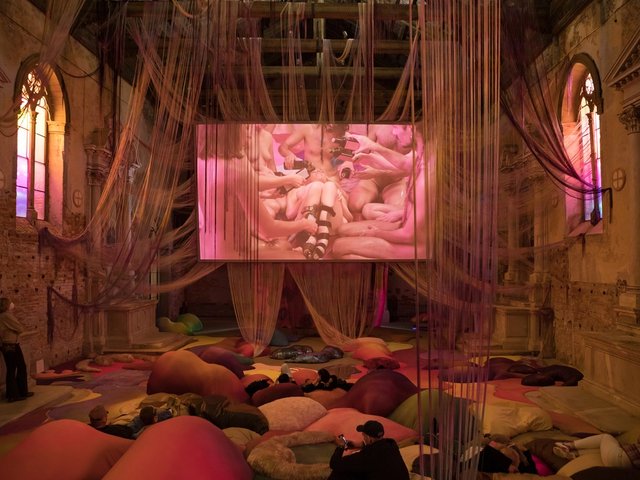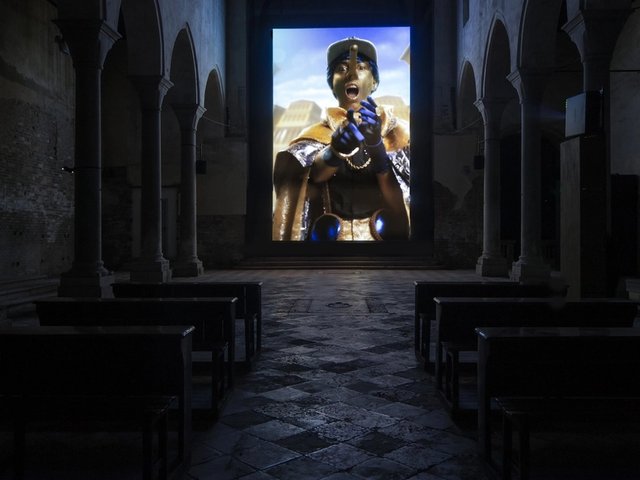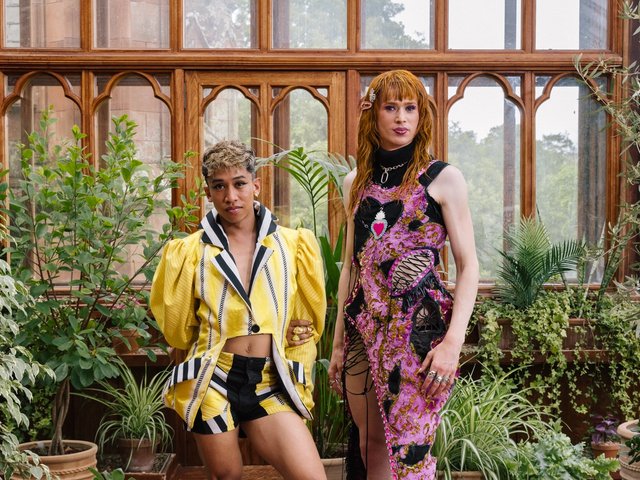Alberta Whittle makes often site-specific work in film, sculpture, print, performance and installation that draws on research into the African diaspora and the decolonisation of Western histories as well as responding to current events. Whittle was born in 1980 in Bridgetown, Barbados, but has lived in Glasgow for many years. Her background has informed a body of work whose major themes include colonialism, xenophobia, climate change and, now, the global pandemic. She says that her creative practice is motivated by the desire to manifest self-compassion and collective care as key methods in battling anti-Blackness.
What are your feelings about representing Scotland in Venice?
I was really moved. I’ve lived in Scotland all of my adult life but I am from a former colonial outpost and I’m probably not exactly what the Scottish public would assume a Scottish artist was. The work for Venice is very much a reflection about my feelings of being Black and Scottish, and what that means in terms of life expectancy and in terms of hope. Also, I’m thinking about togetherness: how do we really nurture new ways of thinking or looking at history and how do we actually bridge these geographic and historical gaps?
Are you showing film work in Venice?
Yes, it’s a film work with an accompanying installation, titled deep dive (pause) uncoiling memory. It’s looking at oceanic histories but is also about history as a way of digging deeper and allowing for these moments of recognition. Because as much as I think about the luxury of amnesia, I think we all really have these memories in the body, it’s just [that] we’ve chosen not to recognise them.
With its histories of global trade, colonialism and slavery, the context of Venice chimes with many themes in your work.
I’m always curious about countries who disavow their relationship to global capitalism or to slavery. It’s an interesting stickiness in the subject matter and as a location where the work is going to live for the next six months. Parts of the film were shot in Venice because I wanted the location to talk to the work and for it to be part of the narrative and part of the texture of how all these different histories link together.
The city has an especially vexed relationship with Blackness, from Shakespeare’s Othello—the so-called Moor of Venice—to the problematic proliferation of Black people used as decorative motifs throughout the city.
How we aestheticise Blackness and how it’s consumed is something I have always been struck with and I want the work to speak of this as well. In Venice these images are hidden but they’re also there in plain sight. It’s a tricky line to cross because when these images are so readily consumed they become sanitised, but they also play into why systems are the way they are, and how they brutalise Black people. Yet there’s also a grief in having to consume these images of Blackness—there is a trauma that I can’t avoid. One of the things that I really want to do in the film is to resist traumatising or re-traumatising an audience, while also paying attention to what is literally in front of our eyes, that we refuse to see. How do we recognise these images for what they are, that they aren’t cute, that they are actually really difficult, that they are horrors?
I’m always curious about countries who disavow their relationship to global capitalism or to slaveryAlberta Whittle
Venice is also acutely vulnerable to shifts in sea level due to climate change, which is another major issue explored in your work.
Given the body of work and research I’ve been thinking about, I can’t think of a better venue than Venice right now, which is really so precarious and so much at the frontline—especially thinking about the ocean as an important place of knowledge and how that’s connected to grief and loss. Even with the best plans and preparations, it is still up in the air what is going to happen.
Scotland + Venice
Artist: Alberta Whittle
Organisers: Glasgow International; Scotland+Venice
Where: Arsenale Docks Cantieri Cucchini





